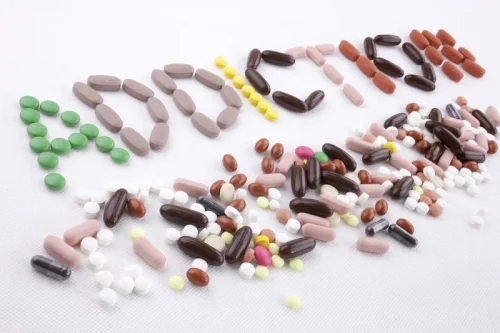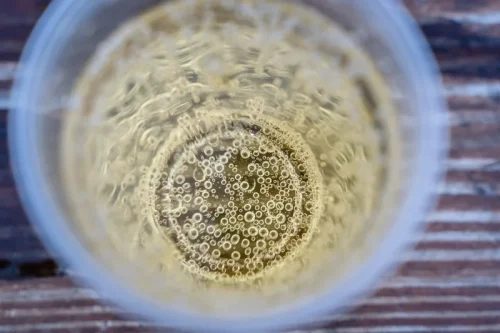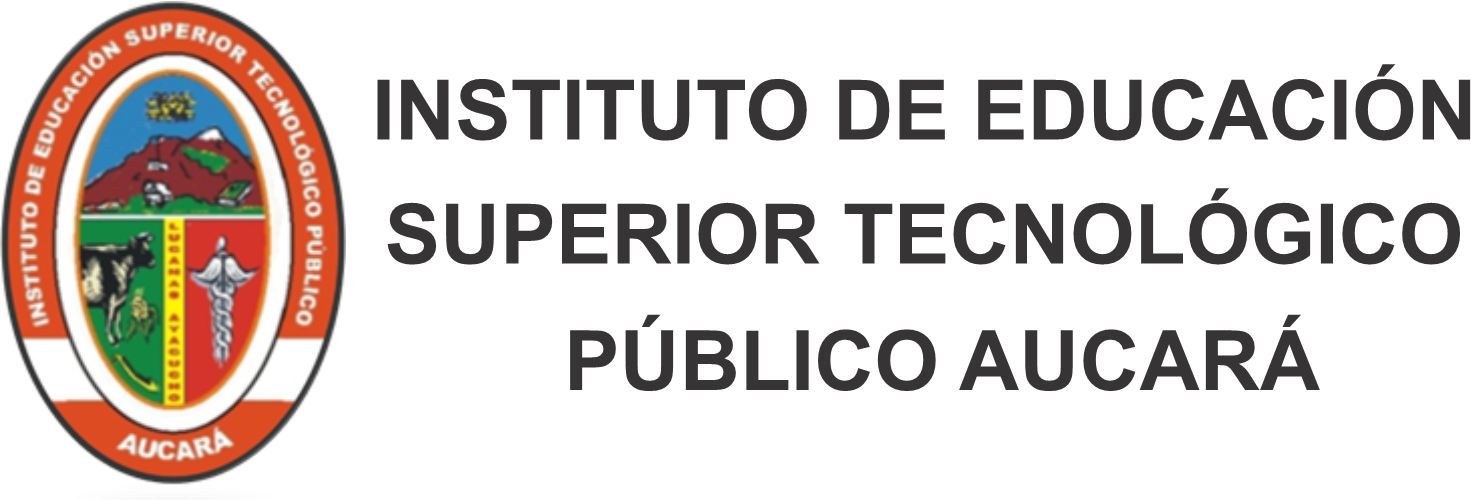
This is where the role of an alcohol detox meal plan comes into play. An addiction to drugs or alcohol often comes on slow, starting as a complement to normal activities. Users may start out taking pain pills to address pain from an accident or injury while still maintaining a normal life or drinking socially with friends. Over time, the importance of substances comes to outweigh the importance of things like getting exercise and eating right.
Nutritional Supplements During Detox
Eat beans, peas, lentils, pork, brown rice, and fortified foods like breakfast cereal. We are committed to healing everyone who enters our doors from the inside out. No matter what stage our guests enter treatment, we strive to meet them right where they are. Lean protein may be a better choice than sources high in fat—so try fish, poultry, low-fat dairy products, or lean cuts of beef.
The Basics & Sample Meal Plan
When detoxing from alcohol, you’ll likely be told that drinking water is a vital part of the process. During alcohol withdrawal, the body is adjusting to less fluid intake than usual, which is why hydration is so important during detox. Withdrawal symptoms like vomiting, diarrhea and sweating can also contribute to dehydration, but drinking water can help replenish lost fluids. After stopping stimulants, it’s common to experience a strong spike in appetite — which may lead to overeating — that can overwhelm the weakened digestive system.
What’s diet got to do with alcohol addiction recovery?
Up to 50% of people with an eating disorder abuse drugs or alcohol, which is five times the rate of the general population. Additionally, up to 35% of people who have abused drugs or been addicted also struggle with an eating disorder. That’s a rate 11 times higher than that found in the general population. People who abuse alcohol typically do not pay attention to nutrition. Even those who were formerly healthy tend to let their good eating habits go as they become more consumed with the need to find and drink alcohol.
- If you have been using a substance for a long time, consider a medical detox program.
- Those who are physically dependent on alcohol will consume a certain amount every day to keep withdrawal symptoms at bay.
- To this end, it is important that you plan healthy dietary choices as you start your drug-free life.
- It’s also helpful to minimize caffeine intake, as caffeine is a diuretic and can exacerbate dehydration in early recovery.
- In general, healthy and nutritious foods are the best to eat when you first stop drinking alcohol.
Nutrient-rich liquids like soups, stews, and smoothies make up a crucial part of the recovery process. The best foods for alcohol detox are those that will help the body heal. In early recovery, it is important to eat a healthy diet so as to allow your liver and other organs time to rest and recover from any damage they may have incurred during chronic drinking. Recovering alcoholics often experience serotonin deficiency, leading to intense cravings for sugar, coffee, drugs, or carbs. Eliminating alcohol and junk food from the diet can be one of the fastest ways to alleviate withdrawal symptoms. While it’s important to keep in mind any dietary restrictions and food allergies you may have, certain foods are jam-packed with nutritious content that is vital to the overall recovery process.

Avoiding Unhealthy Foods During Detox
- By feeding our brains with the right foods, we can improve our neuroplasticity and enhance our cognitive abilities, mental health, and quality of life.
- They also help you feel fuller for longer and provide ongoing energy.
- Many people consume fried and greasy foods while drinking alcohol, which is why these foods tend to be craved when people stop drinking.
- That is why it’s important to maintain a healthy diet in early recovery, full of fruits and vegetables.
Improving your gut health can also make your liver and kidneys more efficient at detoxing. These are the building blocks of proteins, which are essential for the structure and function of the brain cells. Amino acids are also involved in the making of neurotransmitters, which are the chemical messengers that send signals between the neurons. Some of the most important amino acids for neuroplasticity are tryptophan, tyrosine, phenylalanine, and glutamine. These can be gotten from animal and plant sources, such as meat, eggs, dairy, soy, beans, and nuts.
Cayenne Pepper: Curbing Cravings and Boosting Appetite

Following a structured and nutritious meal plan can improve overall physical health, promote better mental well-being, and help individuals in recovery establish healthier eating habits [1]. A well-balanced alcohol detox meal plan should also address nutrient deficiencies caused by prolonged alcohol use. This includes replenishing the body’s vitamin stores, particularly deficiencies in vitamin B6, thiamine, and folic acid. As you’ve likely heard, heavy alcohol consumption can be damaging to your brain. And since your brain needs certain fatty acids to function optimally, eating enough good fats is key in a healthy diet for alcoholics.

Tip 2 – Eat More Good Fats
Some people suddenly become incredibly hungry once they have completed the detox process. This is likely a positive sign since you may be underweight or in poor health. The difficulty is that many of the food cravings are for sugary substances, which are not necessarily the best choice. While a limited amount of sugar is fine in addiction recovery, people in recovery are in danger of replacing a drug addiction with a sugar addiction.
- Another issue is opioid-induced constipation, which can become severe over time.
- Understanding the relationship between nutrition and addiction recovery means understanding the roles nutrients play in the body.
- Inclusion of complex carbohydrates like root vegetables and legumes can aid in balancing serotonin levels, promoting relaxation and well-being.
- A balanced diet supports physical healing, improves mental health, and is an integral part of a successful recovery process.
- Discover if a chemical imbalance causes anxiety and explore the latest research on anxiety treatments.
Alcoholism can result in various nutritional deficiencies due to the impact of alcohol on the body’s ability to absorb and utilize essential nutrients. Deficiencies in vitamins such as A, B, C, D, and E, as well as minerals like calcium, magnesium, iron, and zinc, are commonly observed in individuals with alcohol abuse disorders [1]. These deficiencies can further contribute to the physical and psychological best diet for recovering alcoholic challenges experienced during detoxification. At Orlando Recovery Center Drug and Alcohol Rehab, we offer many alcohol addiction treatment options led by train medical professionals. Our levels of care include medical detox, inpatient rehabilitation and intensive outpatient programs (IOPs). No matter where you are in your recovery journey, our team will be there every step of the way.
